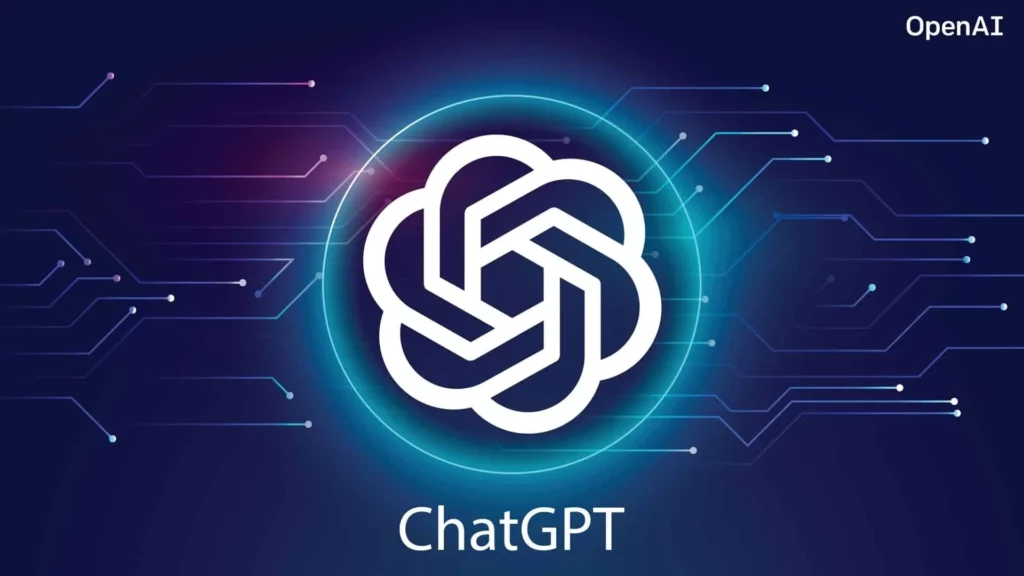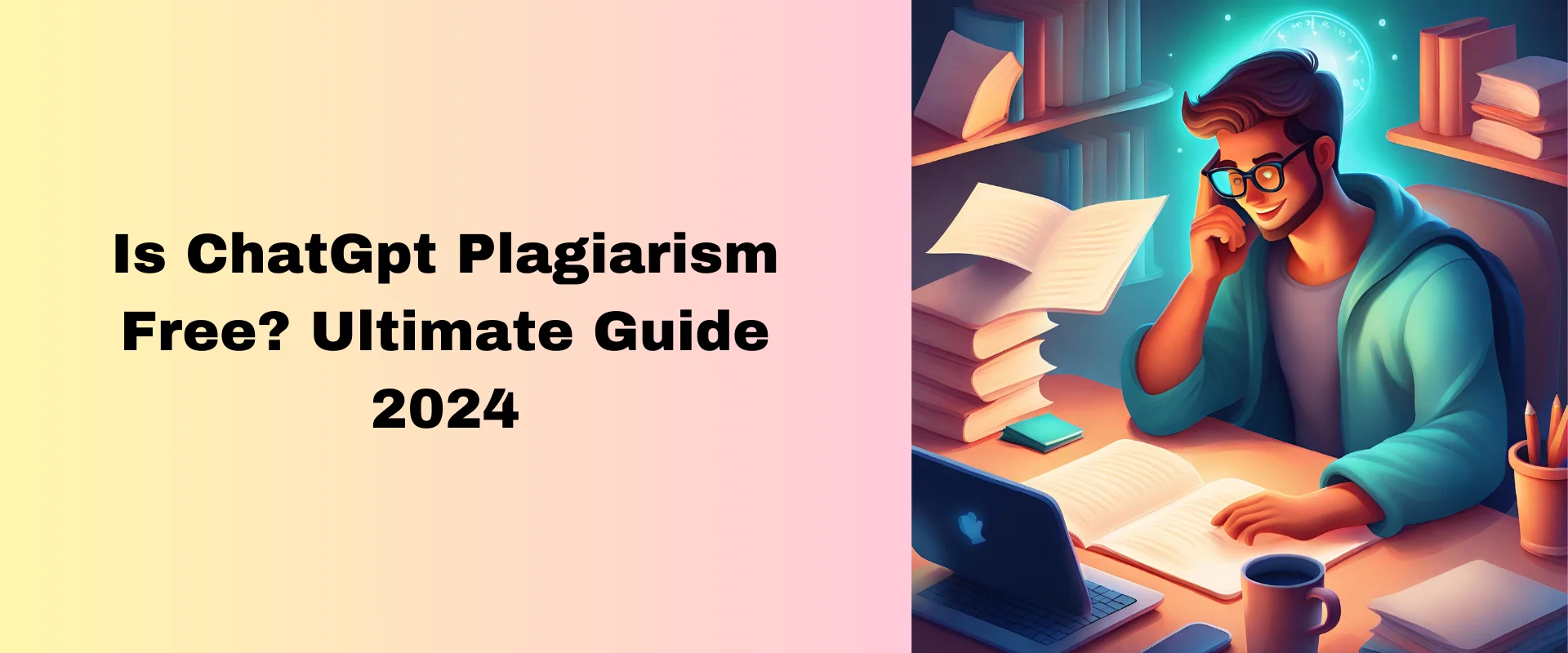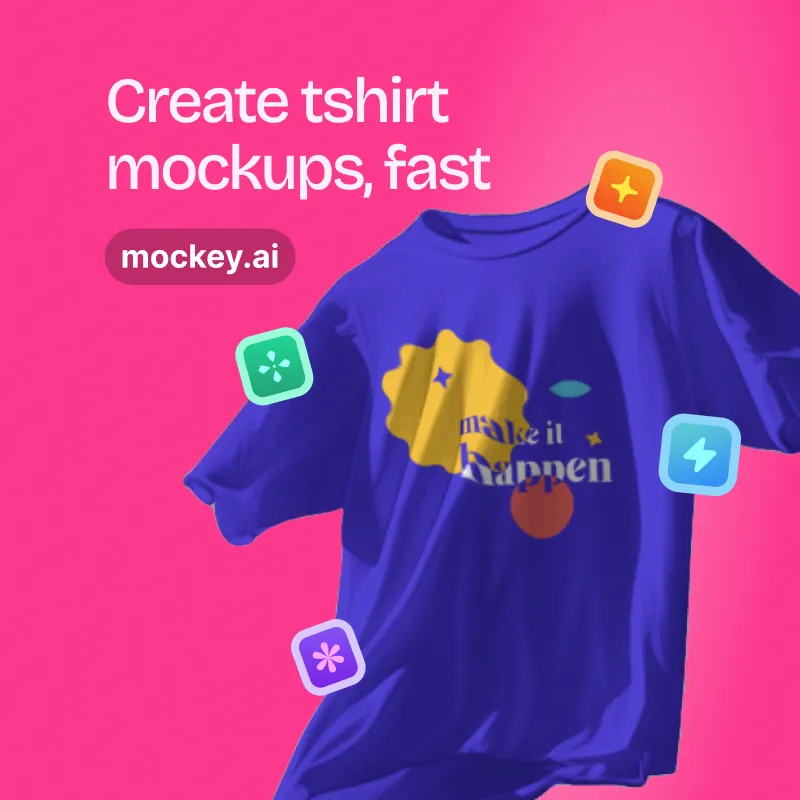Over the past few years, the research on AI-assisted language models has changed the way we create and generate different forms of content in various industries. AI language model OpenAI’s ChatGPT has drawn attention and prompted speculation about its plagiarism concerns. In this article, we aim to delve into the intricacies of ChatGPT and address the question: Is ChatGPT Plagiarism Free?
Table of Contents- is chatgpt plagiarism free
What is ChatGPT?

Before getting into the topic of plagiarism, we should know what ChatGPT is and the way it works. ChatGPT is an AI language model developed by OpenAI that can generate human-like text based on the input it is provided. With the aid of deep learning and neural networks, ChatGPT can understand input prompts and questions and generate corresponding coherent and relevant responses.
Understanding Plagiarism:
Plagiarism in the sense of the AI language models such as ChatGPT is the process of using information created by the model without providing the appropriate reference or citation to the source. Issues of this nature have grown in prevalence due to the prospect of subsequentially erroneously duplicating or reformulating other work which may be covered by copyrights.
ChatGPT and Plagiarism:
Talking about “ChatGPT Plagiarism Free: Is it Truth?” Plagiarism is not an inherent vice of ChatGPT. The ChatGPT language model generates text looking for patterns and associations in the data it has been trained on. Still, users and model developers need to make sure that the generated content represents an original idea and has been ethically organized.
Detection of Plagiarism:
A major issue for many people is how plagiarism is detected, especially when AI language models like ChatGPT are utilized to write the content. Reproducing existing plagiarism detection approaches, which are based on text comparison to pre-existing databases and repositories, may be insufficient when it comes to AI content. Nevertheless, research is ongoing on developing highly advanced plagiarism detection tools that are specifically designed for AI-generated content.
Ethical Use of ChatGPT:
To answer the issues related to plagiarism, users of ChatGPT are suggested to make a point that ethics and responsible use of the generated content are given priority. This involves checking the authenticity of the text, giving credit to the sources when needed, and not using the AI model to create content that flaunts intellectual property rights.
Is ChatGPT Free of Plagiarism?
Although ChatGPT does not copy texts, it becomes the responsibility of the users to ensure that they do not include plagiarized content in the responses generated by the model. Adherence to good writing methods, as exemplified by in-depth proofreading, reliance on reliable sources, and respect for copyright regulations, is still critical in ensuring the truthfulness of the resulting text.
What is a plagiarism score?
A plagiarism score is a numeric measurement represented as a percentage that denotes the percentage (or amount) of the copied or duplicated content identified (found) in a text sample. It is a product of plagiarism checker software tools that compare the text that is provided with existing databases and webpages to detect any replicated or non-original contents.
How Plagiarism Scores are Calculated?
Plagiarism checker software scans the text and marks areas that match sources they discover either online or from their internal databases. The algorithm next calculates the percentage of the document that has replicated or spun content to get a numeric plagiarism weightage.
E.g. if that 20% of a document includes content detected from other sources without giving credit or making proper citations, the plagiarism score would indicate 20%.
Interpreting Plagiarism Scores
As a rule of thumb in interpreting plagiarism scores: As a rule of thumb in interpreting plagiarism scores:
0-10%: Only slight copying detected. Likely references common phrases • 10-20%: Gentle plagiarism. Some key sections copied without attribution • 20%+: High plagiarism percent. The vast majority of the copying is unoriginal or duplicated content.
The standard score, of course, will be different depending on your purpose and the policies of your publisher but most of them will require 10% or less plagiarism detected.
How to Check for Plagiarism Scores?
To calculate a plagiarism score for any document, you can use online plagiarism detection tools. Users can just upload/paste their content and check the plagiarism score in the control panel. After the scanning is over, the tool will measure the fraction of unoriginal text pinpoint it in colors, and produce the plagiarism score together with online sources.
How to Prevent ChatGpt Plagiarism?
1. Understand ChatGPT’s Abilities
- ChatGPT, a trainer AI model, because it knows large data, can explain unintentionally text.
- The decision a human would make is not approachable here to decide plagiarism
2. Employ Strategic Prompting
- Good prompts stimulate fresh ideas
- Indicate information that is based on the sources
3. Attribute AI Participation
- Expose ChatGPT’s involvement in content creation
- Provide citation information for any sources cited.
4. Perform Manual Reviews
- Look for responses for copies of plagiarised passages
- Sift web archives to measure sameness
5. Use Plagiarism Checking Tools
- Cutting-edge AI filters can locate duplicate text
- Before you publish anything from ChatGPT, consider.
6. Apply Additional Editing
- Please provide alternative rephrasing for highlighted parts
- Improve originality with revisions
7. Adhere to Ethical Guidelines
- Use ChatGPT as per the terms and conditions
- Keep integrity and transparency values
Some Best Plagiarism Checker AI Tools?
- Copyleaks – It uses technology to detect the copied content from the internet and the proprietary databases. Also detects plagiarism from the AI sources.
- Grammarly – Great for checking grammar and plagiarism detection. Easy integration into writing workflows.
- Unicheck – Robust features including batch checking and advanced settings. Good for checking multiple documents.
- PlagiarismChecker.net Free plagiarism checker with top-quality algorithms for plagiarism detection.Downloads detailed scan reports.
- PlagScan – Google Docs directly supports the integration. The tool allows faculty members to detect plagiarism in their team documents.
- Quetext – Quetext is a browser clipboard tool that provides quick plagiarism checks right in the browser without uploading content, Ideal for quick checks.
- Plagiarism Detector – Free online tool that doesn’t have deferring word count limitations. Fine for bloggers and writers.
- Copyleaks Cloud – API-based solution to integrate with technologies of developers for plagiarism checks.
- Plagiarisma – Plagiarisma is a dynamic parser that supports file formats. It includes docx, txt, pdfs, etc. Supports mass upload of documents.
- SmallSeotools – Provides plagiarism checker along with SEO and writing enhancement tools. Great all-in-one solution.
- Quillbot – QuillBot is an AI-powered best paraphrasing tool that can rewrite and alter text to make it sound different while keeping the original meaning. It is designed to help writers avoid plagiarism by rephrasing content in a new way.
Conclusion on is Chatgpt Plagiarism Free
In a nutshell, ChatGPT has shown that it can democratize the content creation process. Yet, plagiarism suspicions still have grounds. The AI model itself does not plagiarize, but it rather generates the text that it produces based on its training data. Elements duplicated or reused can materialize thus by lack of adequate supervision. Though plagiarism-proofing chat GPT output is impossible, the use of ethical AI, customized prompts, manual reviews, and integration of the most recent plagiarism detectors can diminish the chances of such an outcome.
The users have the shared responsibility to make use of those measures on their own. Though challenges do exist, by adopting responsible and open-minded use of precautions an individual or an organization can tap into ChatGPT’s capabilities for business, creative and academic exploits, without compromising on integrity.
FAQs on is chatgpt plagiarism free
Q1. Is it possible for the content produced by ChatGPT to be free of plagiarism entirely?
A1. While AI-created content can not be fully guaranteed any plagiarism without extra user verification. However, one can reduce risks with ethical conduct.
Q2. How well do AI and ChatGPT content checkers perform?
A2. Some traditional detectors fail to work well with AI-created content, whereas the most advanced tools with specific algorithms achieve the best results.
Q3. What would be taken as an acceptable level of plagiarism in the user-generated content of ChatGPT?
A3. Thresholds may differ based on their purpose, but for papers, after trying to improve them, scores below 10% are usually favored.
Q4. Is ChatGPT paraphrasing indeed a plagiarism-avoiding measure?
A4. Not doubtful, it is worth applying the rewriting instead of paraphrasing only. It cannot be left unmentioned the AI contribution, too.
Q5. Can I use ChatGPT-created content for commercial purposes?
A5. Usage of the model by the user should be strictly in compliance with OpenAI terms of service on licensing, attribution, and limitations of uses to avoid legal risks.
Q6. What plagiarism duties do I have while using the chat GPT?
A6. All users must follow these plagiarism duties and engage in authorship responsibilities such as the creation of prompts, output reviews, editing, proper citation, and plagiarism detection before publication.
Q7. Is ChatGPT plagiarism free?
A7. No, ChatGPT is an AI system that is trained on vast amounts of text data from the internet. So it can sometimes generate responses that contain plagiarized content. Users should check the uniqueness of any text generated by ChatGPT before using it.

